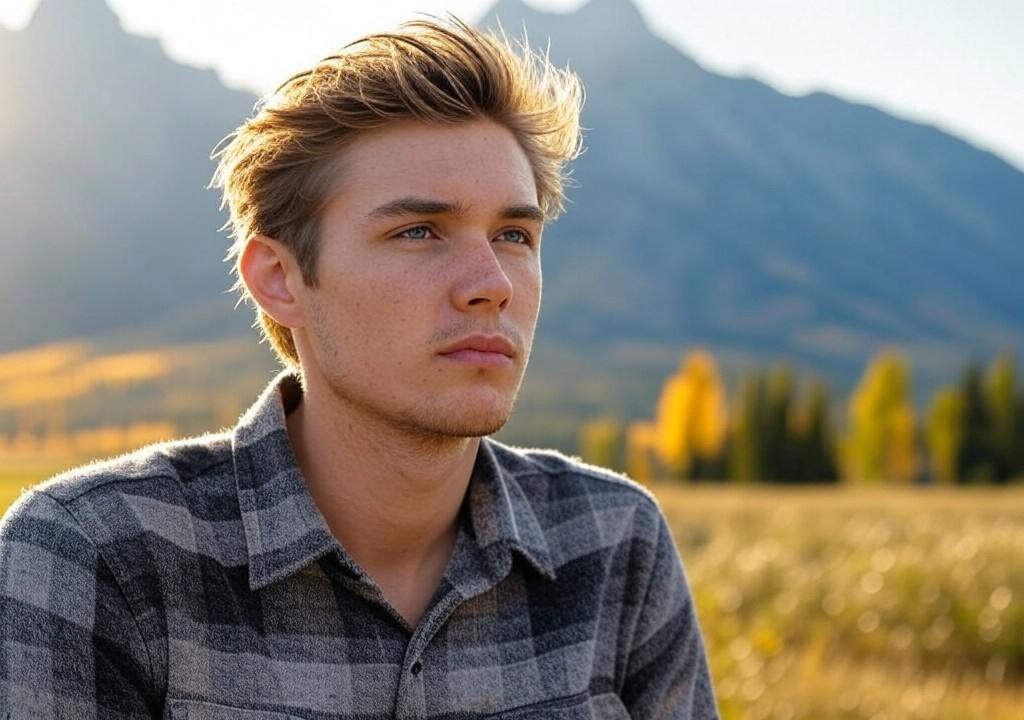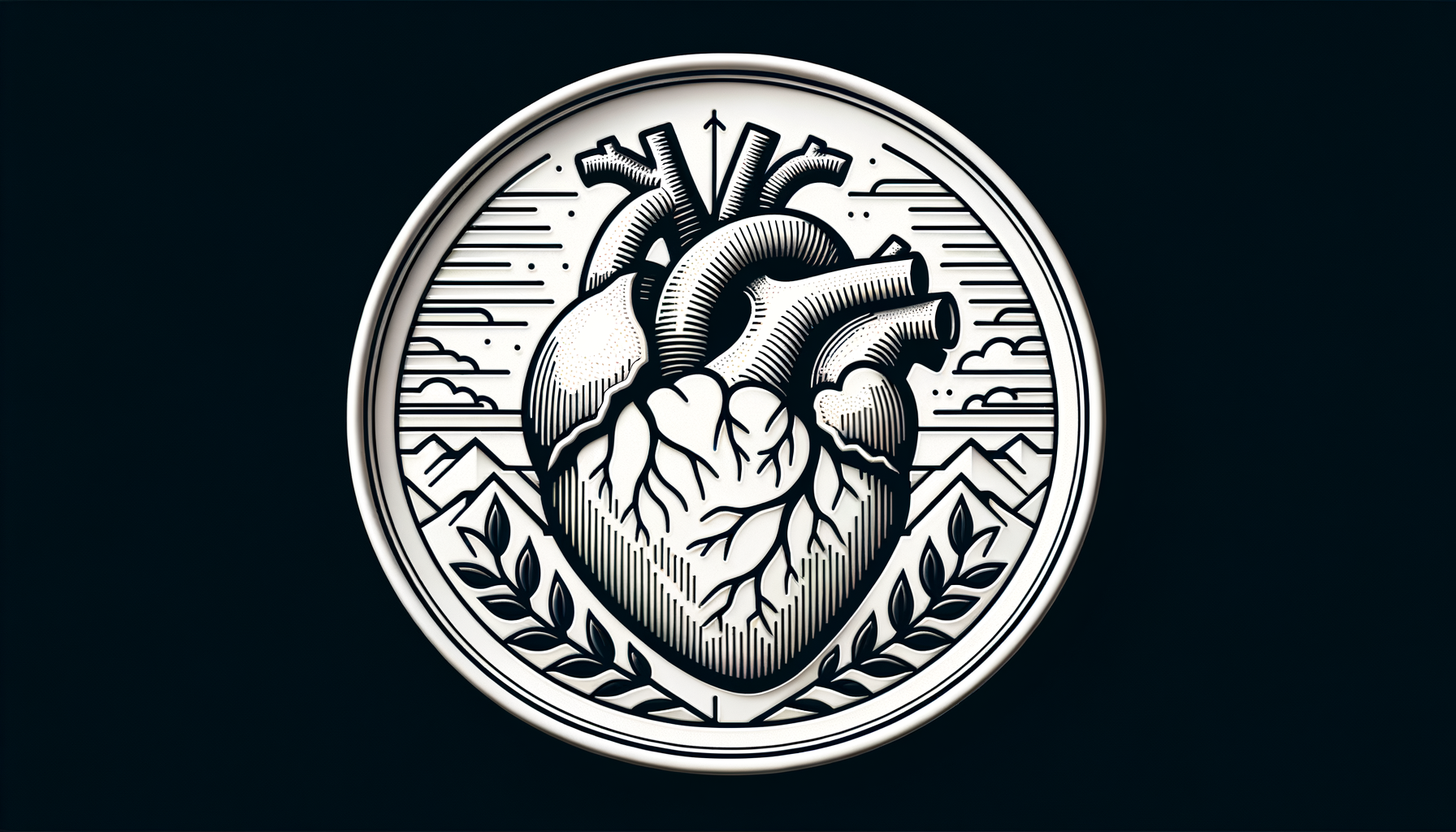The First Love of the Heartland (and How It’s Complicated)
I have a confession: my hometown and I are in a long-term relationship. And not the healthy, hit-the-communication-balance-just-right kind. It’s messy. There’s love, there’s resentment, and there’s an occasional desire to pack up, slap a big "It’s not you, it’s me" on the nearest roadside sign, and drive into the horizon with Creedence blaring. But like any meaningful relationship, my connection with the place where I grew up—Jackson, Wyoming, where the Teton peaks scrape the sky and winter hangs around like an uninvited guest—has taught me a thing or two about life, identity, and the art of compromise.
Let’s just say it’s complicated.
Hometown Sweetheart, or the One That Got Away?
Growing up in a place where the mountains are as big as your dreams—and your problems—can feel like both a blessing and a burden. Jackson isn’t some Hallmark Channel town with perfect snowflakes falling just as you find true love in your neighbor’s woodshop (though I’d kill for that level of small-town predictability). It’s rugged. Stubborn. The winters require thick skin, the tourism demands patience thinner than said skin, and the pace of life makes you either slow down or burn out.
And yet, the views? Breathtaking. Sunsets painted in bronco shades of orange and red. Elk bugling in the fall, their calls echoing through valleys like some ancient symphony. I mean, how do you walk away from a place where the night sky is so dark you can see the Milky Way flirting with the mountaintops?
But here’s where it gets twisty: growing up in a small town means knowing every person (and their drama) within a 50-mile radius. There’s a certain rhythm to life here—both comforting and grating, like that old country song your dad used to play over and over until it was a permanent part of your psyche. You can reminisce about the good times until one day, you realize all that togetherness can also feel like a chokehold. There’s safety in knowing the patterns, yet it can trap you like snow fences corral Wyoming’s unrelenting winter blizzards.
The Grass Isn’t Always Greener (Even When It’s Covered in Snow)
When I turned 19 and left Jackson for college in Laramie, it felt like unrequited love. The fresh air of “freedom” hit like a hot coffee after a week of mountain-chilled mornings, yet I found myself missing the little things. The sound of my boots crunching on a frosty trail. My dad’s stories about old family legends as we hauled firewood for the hearth.
But guess what? Separation tested that bond fast. Sure, Laramie had its upsides—cheap beer, zero elk traffic jams—but it didn’t take long for me to realize how much I carried Jackson’s essence. The longing was subtle at first. A weathered ache when an urban skyline blotted out the stars. That pang of irritation when city noise drowned out my thoughts. Let’s be real: once you’ve grown up somewhere that challenges you to shovel a path through six feet of morning snow just to feed the horses, you’re ruined for schedules that don’t revolve around nature.
Did a part of me occasionally want the stability of suburbia, the mall culture, or skipping winter gear altogether? Absolutely. But every reunion with my hometown passed the ultimate relationship test: once I was back, something clicked. That feeling, like stepping onto a well-worn trail you know by heart, is hard to replicate.
Love Lessons from the Tetons
Although this is about Jackson, maybe you’ve got a similar relationship with your hometown—the place where your sense of self was first stitched together. Whether you left never intending to look back, or you keep boomeranging home, there’s a lesson in all that staying, leaving, and returning. Consider this your hometown-love survival guide:
-
Your Hometown Knows You Best
Your first crush, your first heartbreak, your most embarrassing haircut—your hometown holds receipts. It’s why going back can feel like slipping into an old jacket you forgot you loved. However, just like those old clothes, it may remind you of past selves you’ve long grown out of. Be ready for bittersweet nostalgia to hit like summer camp flashbacks. -
Distance Can Be Healthy
Sometimes the best thing you can do for a relationship—any relationship—is take space. When I lived abroad in Costa Rica, Jackson’s absence was tangible. But that time away also helped me see it more clearly. Its flaws could no longer excuse mine. Its beauty was something I had taken for granted. Space taught me to stay realistic about what it could and couldn’t offer. (Spoiler: endless mosquitoes and jungle humidity make you appreciate mountain air real quick.) -
It’s Okay to Outgrow It (or Not)
Being ready to spread your wings doesn’t mean you hate the nest. For me, staying in Jackson means I’ve had to treat home with the same curiosity I give strangers. Going away taught me to actively choose the life I have here, not just default to it. -
You Can Be Two People at Once
I’m a human blender of Jackson’s rugged self-reliance and the explorative spirit I grew into while living elsewhere. Both identities coexist, depending on my mood and my surroundings. Hometowns leave a fingerprint on you, but you’re the one who decides whether you let that define who you are today.
Home Is Where You (Learn to) Love It
It’s funny how a place can shape your heart as much as the people in it. Jackson taught me patience (patience for spring melt-offs, patience when the local diner runs out of pancakes). It forced me to learn resiliency—because the only way out of a snowstorm is through it. And sure, there’s the occasional regret: maybe my shoes would last longer in a place without gravel roads; maybe I’d own fewer flannels if I lived anywhere else.
But much like people, home isn’t something that stays the same forever. If anything, learning to love the imperfections—the long winters, the fragile summer blooms—is what makes the connection real. Home doesn’t have to be perfect. It just has to be yours.
So whether you love your roots or wrestle with them, don’t sweat it too much. Home can surprise you when you least expect it. Sometimes, it’s where you leave your heart; other times, it’s where it finds you all over again—boots muddy, hands cold, but somehow full.




















